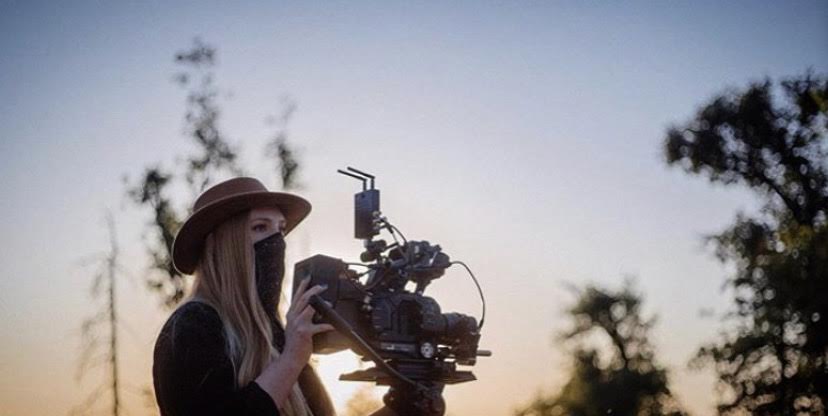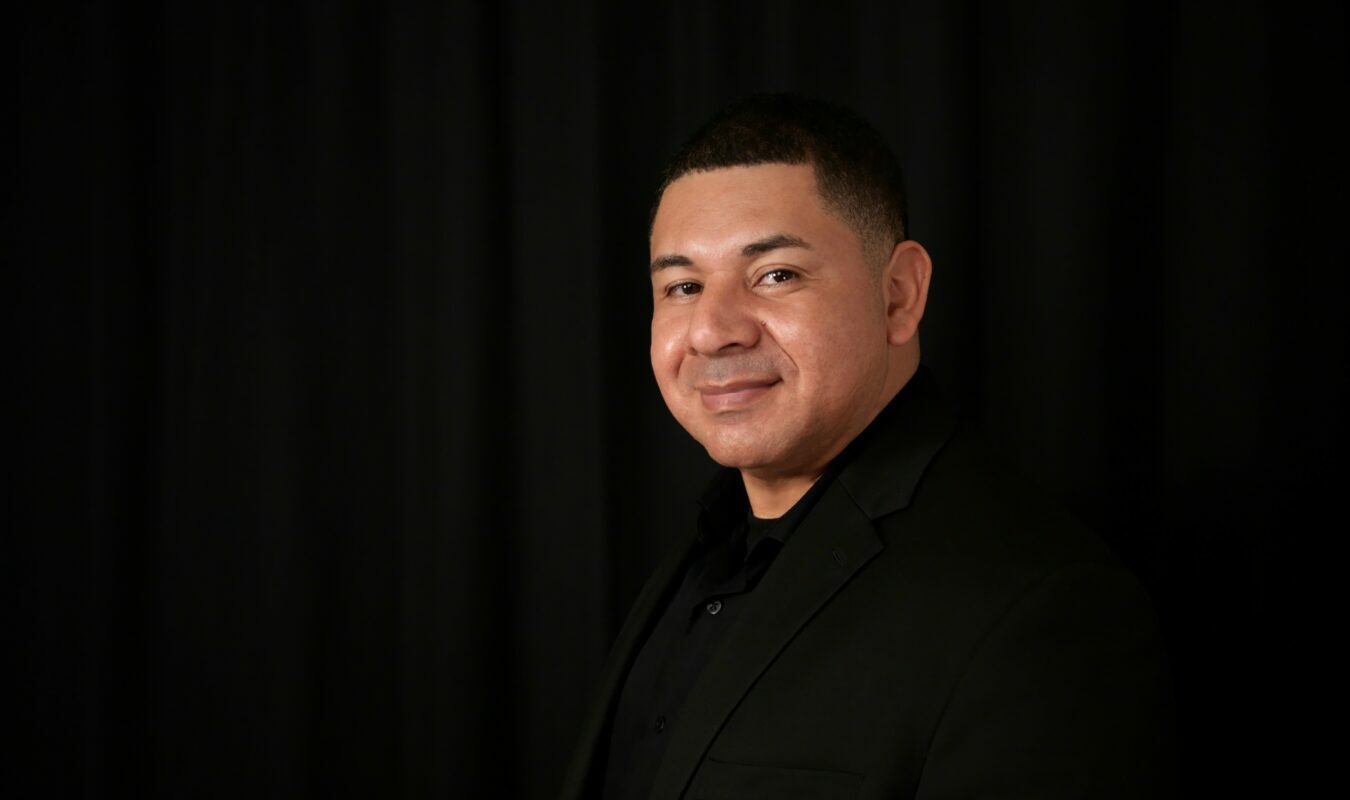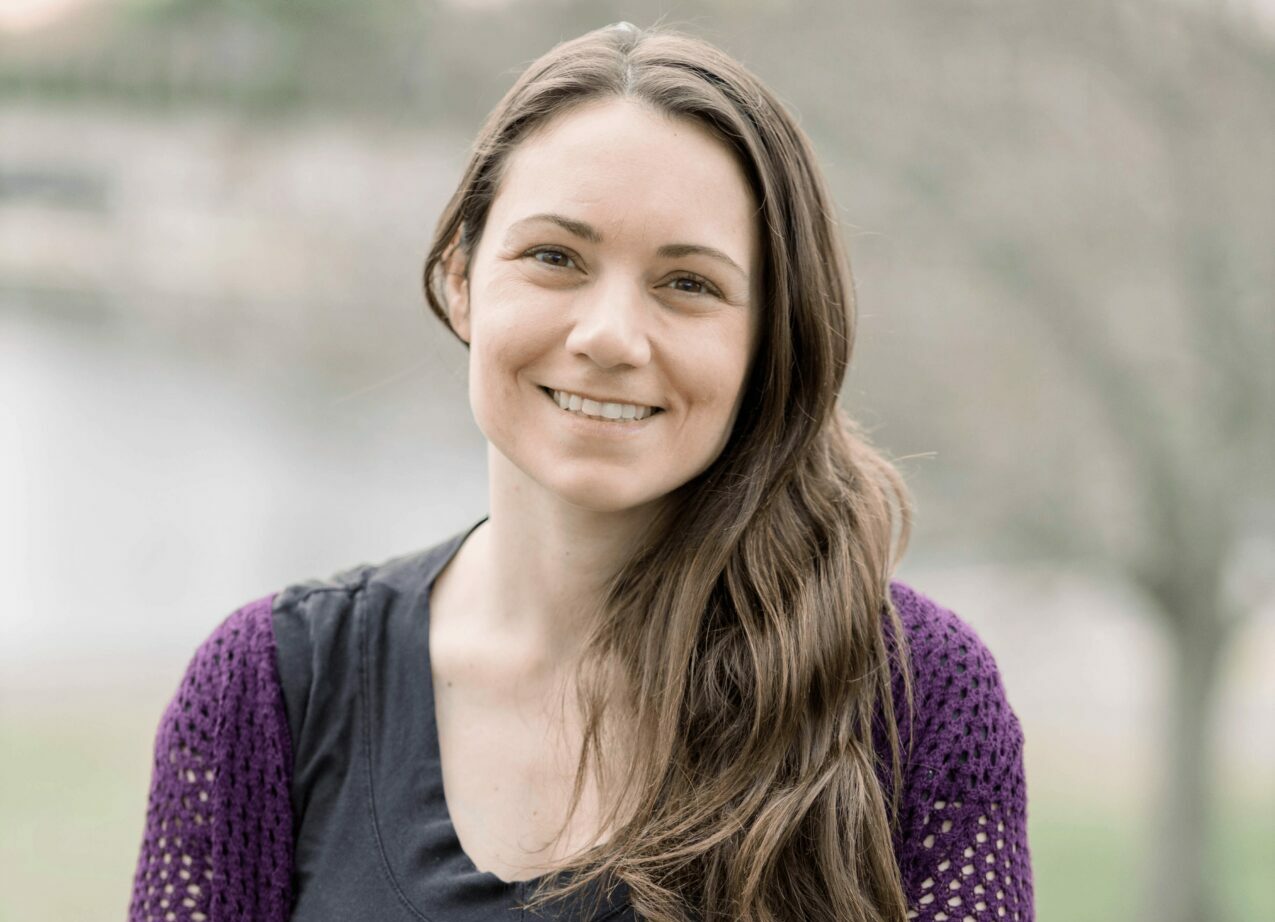We were lucky to catch up with Elizabeth Aurora Petersen recently and have shared our conversation below.
Elizabeth Aurora, thanks so much for taking the time to share your insights and lessons with us today. We’re particularly interested in hearing about how you became such a resilient person. Where do you get your resilience from?
When I was 19 I became critically ill for two years and fought for my life. There were moments I genuinely didn’t think I would survive. But I made a promise to myself: If I make it through this, I’ll spend the rest of my life pursuing my dreams.
Life is too short not to fight for the things that matter to you.
Since then, the road has been anything but easy. There have been countless obstacles and heartbreaks. In many ways, it would have been easier to give up on my art than to keep pushing forward. But going through something so intense at such a young age gave me a kind of clarity that I might not have found otherwise.
One of the biggest lessons I took from that experience is the importance of focusing on what I can control, rather than getting lost in what I can’t.
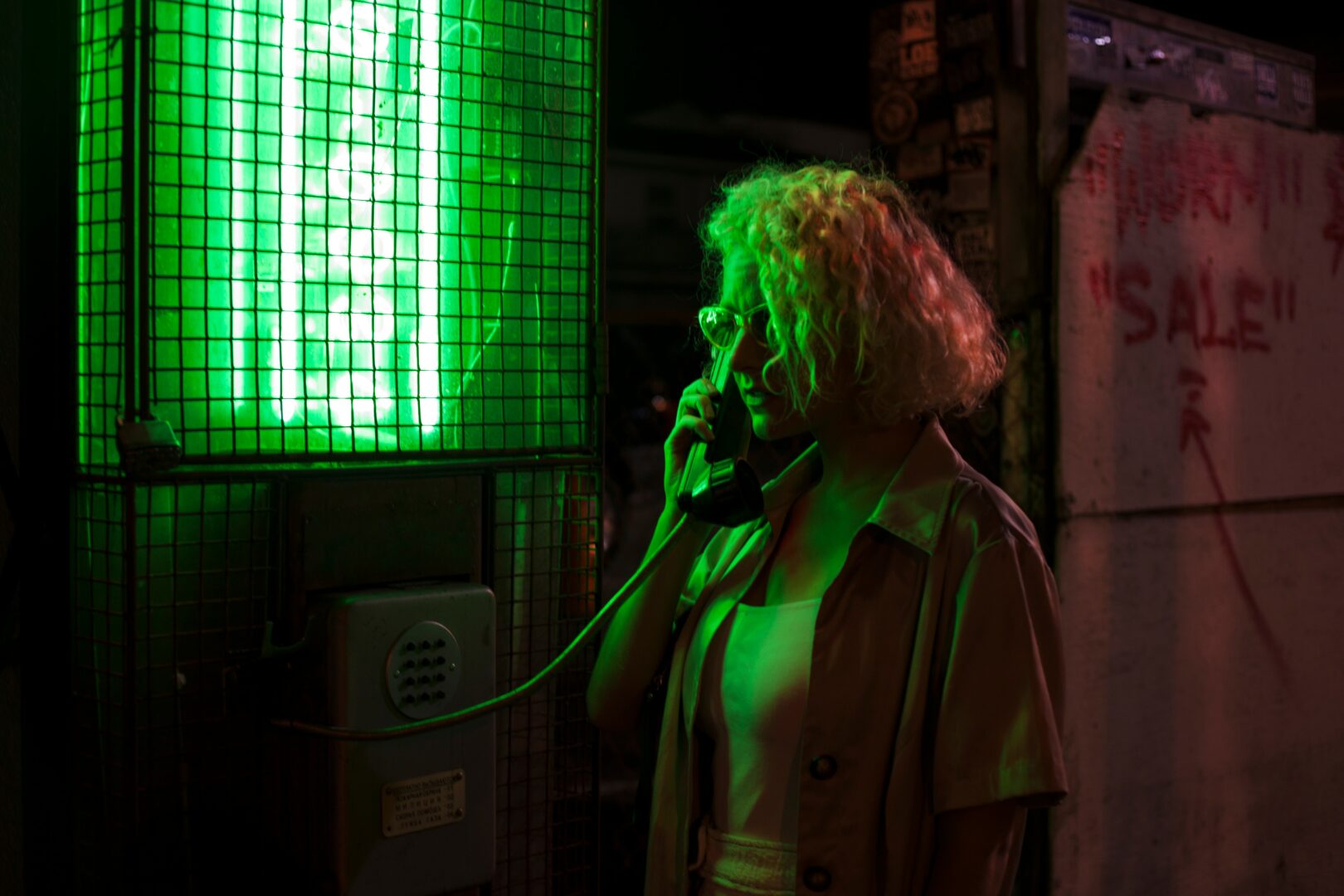
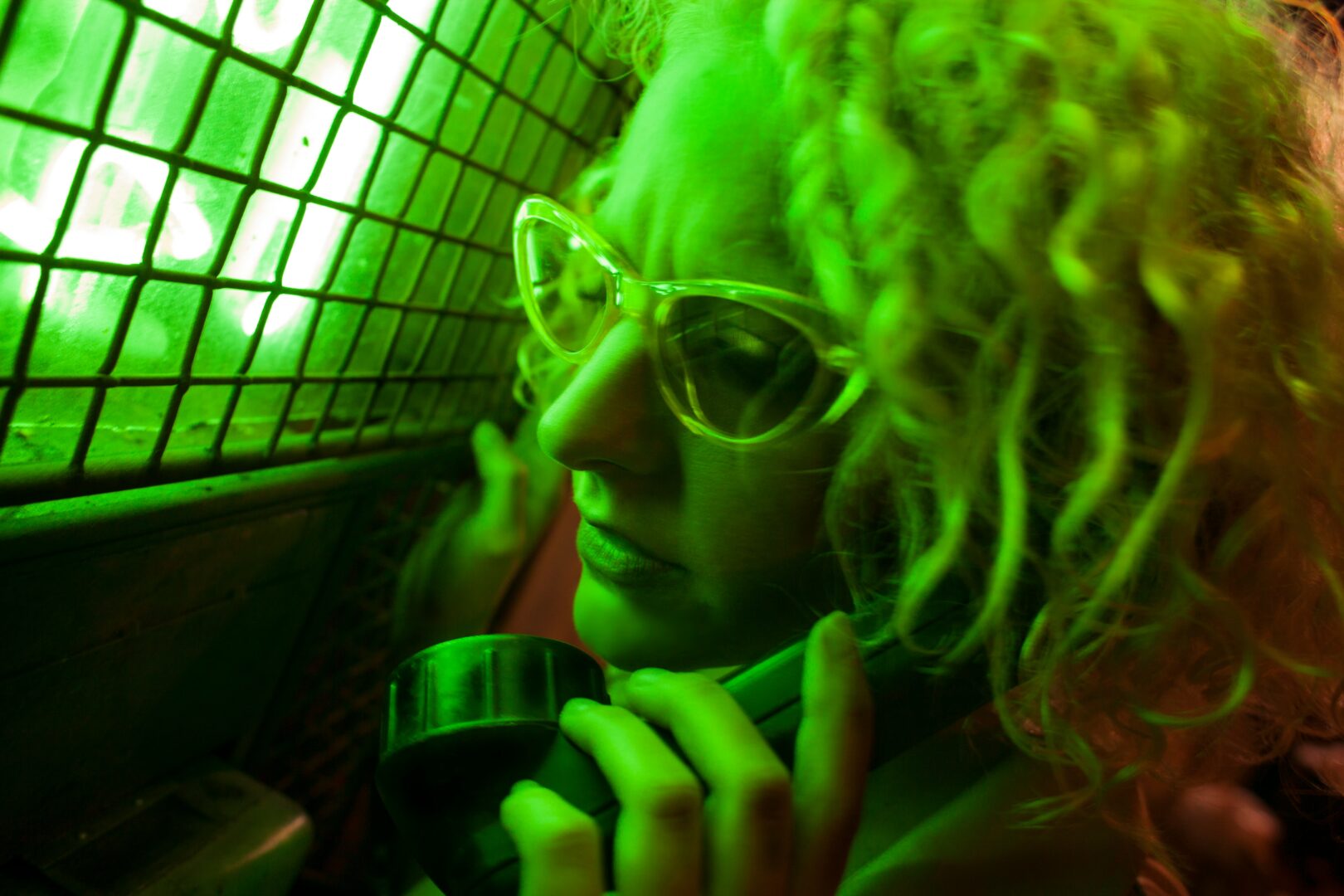
Thanks for sharing that. So, before we get any further into our conversation, can you tell our readers a bit about yourself and what you’re working on?
I’m Elizabeth Aurora Petersen, and as one of the creative forces behind GlitchTV, I’m deeply invested in storytelling that questions the modern American dream—and whether it still exists. My work spans from feature-length films to short-form horror and comedy on YouTube, and I’m always looking for new ways to push boundaries and engage audiences.
Right now, my primary focus is directing my latest feature film, which is a dream project I’ve been developing for some time. At the same time, GlitchTV is growing. Our YouTube channel—once more of a creative playground for dark comedy and horror short-form content—is evolving into a fuller brand, with curated series and expansions into cross‑medium storytelling.
I recently finished a TV pilot called The Great God Pan, starring Marlene Wallace and Arabella Gonzaga. It’s a surreal psychological drama. The project explores female power dynamics, and repression in a way that’s haunting but also strangely beautiful. I’m incredibly proud of it, and excited about where it might land next.
What makes this work especially exciting to me is the space it creates—for experimentation, and for the freedom to tell the stories that would never be “green-lit” in the traditional Hollywood system today.
For readers who are curious about the heart behind the brand: my journey has shaped how I approach every project. I believe in resilience, in finding clarity through hardship, and applying that to art that speaks to the forgotten parts of American society.
As for what’s upcoming: besides the feature film, I have a few under-wraps projects I’m excited to announce when the time is right. I’d also like to invite anyone interested in collaboration, distribution partnerships, or even just connecting—please reach out!
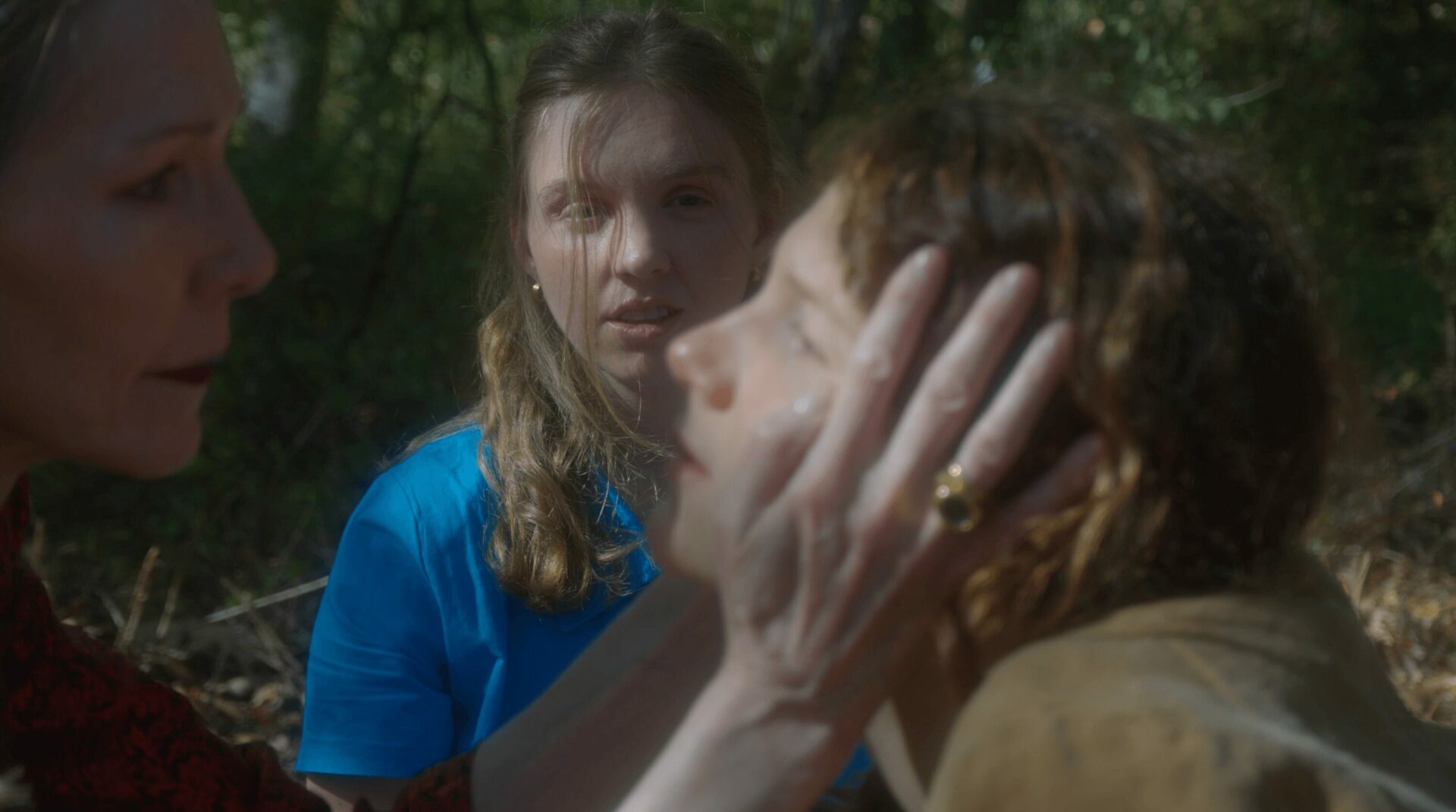
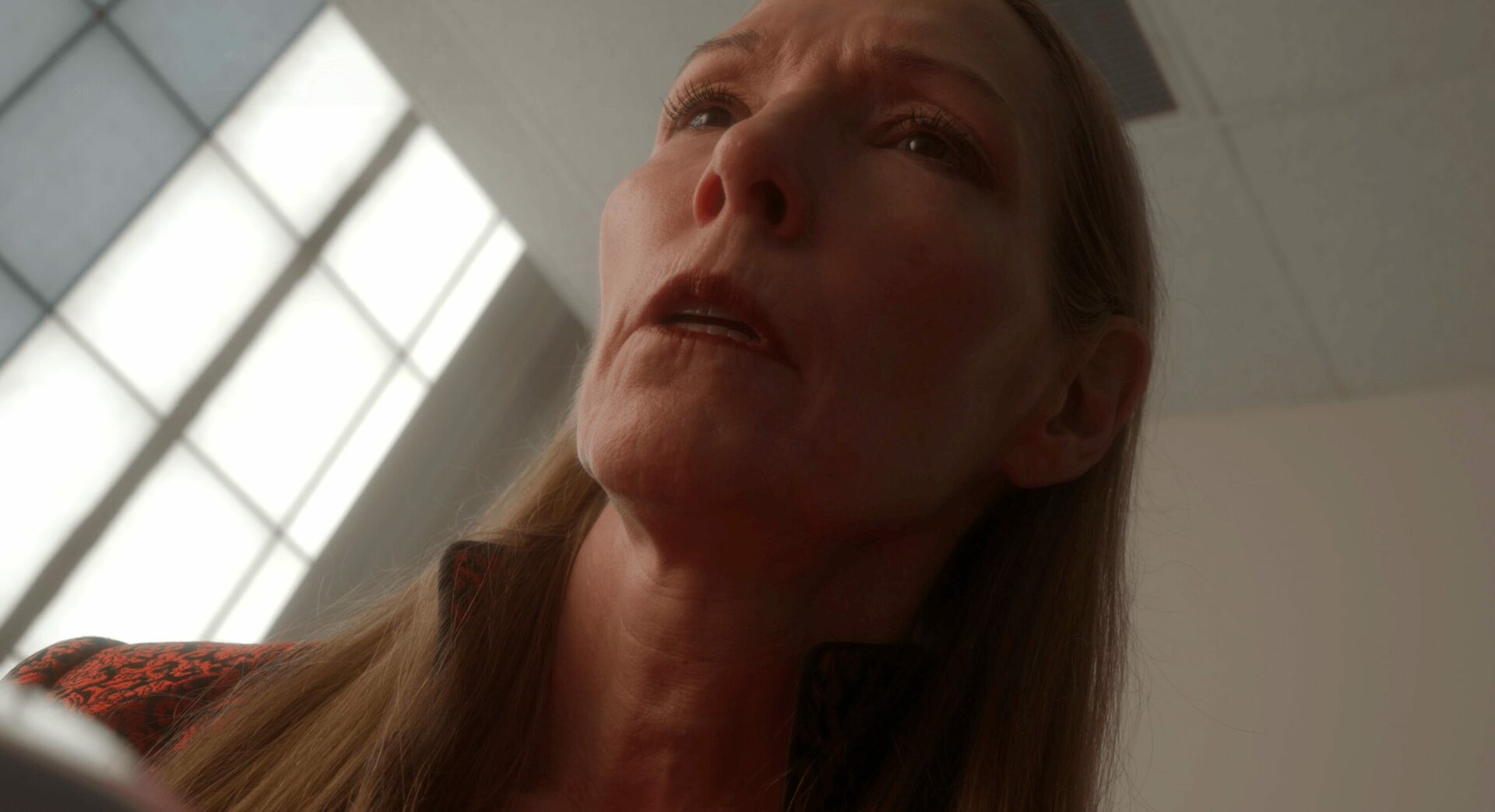
There is so much advice out there about all the different skills and qualities folks need to develop in order to succeed in today’s highly competitive environment and often it can feel overwhelming. So, if we had to break it down to just the three that matter most, which three skills or qualities would you focus on?
One of the biggest shifts for me was letting go of the idea that I had to wait for permission—whether that was from a studio, a festival, or a distributor etc. I’m creating on my own terms, and it’s freeing. Don’t wait around for the “perfect” opportunity. Start with what you have. Learn a little bit of everything—directing, producing, editing. The more you know, the more empowered you’ll be to make things happen on your own.
Some of the advice I was given was to try to fit into what “the industry” wanted—what kind of stories were “sellable” or “on trend.” But I realized the most powerful thing I could do was trust my own creative instincts. Once I leaned into my voice—my weird, dark, sometimes funny POV—things started clicking. Take the time to figure out what you want to say. What are the themes or ideas you keep coming back to? That’s usually where your voice lives. Don’t be afraid to lean into it—even if it doesn’t look like what everyone else is doing.
You don’t have to have it all figured out. Just keep showing up. Make art for yourself and try to carve out a way to stay true to the person you were before you went to film school or whatever your journey has been.
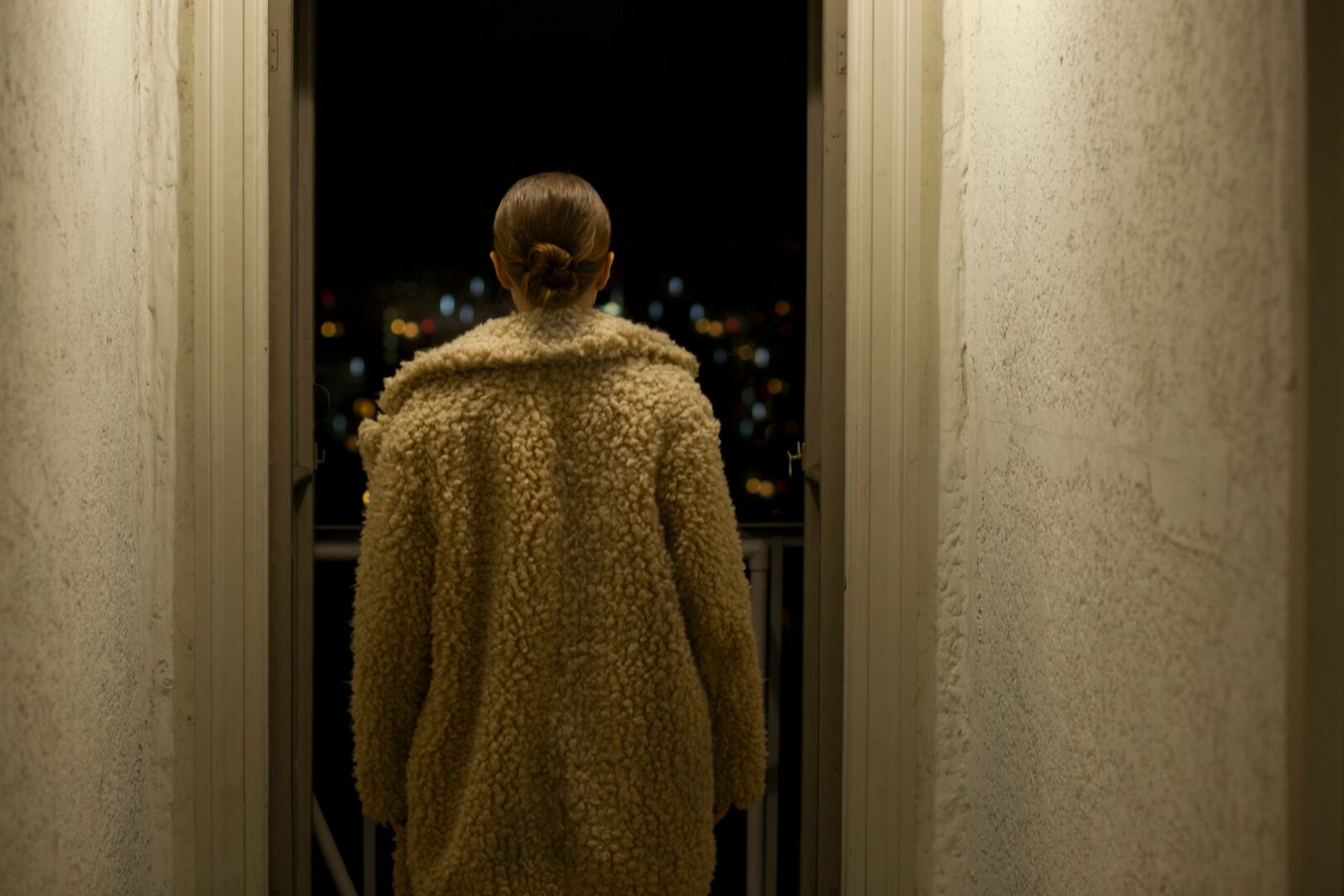
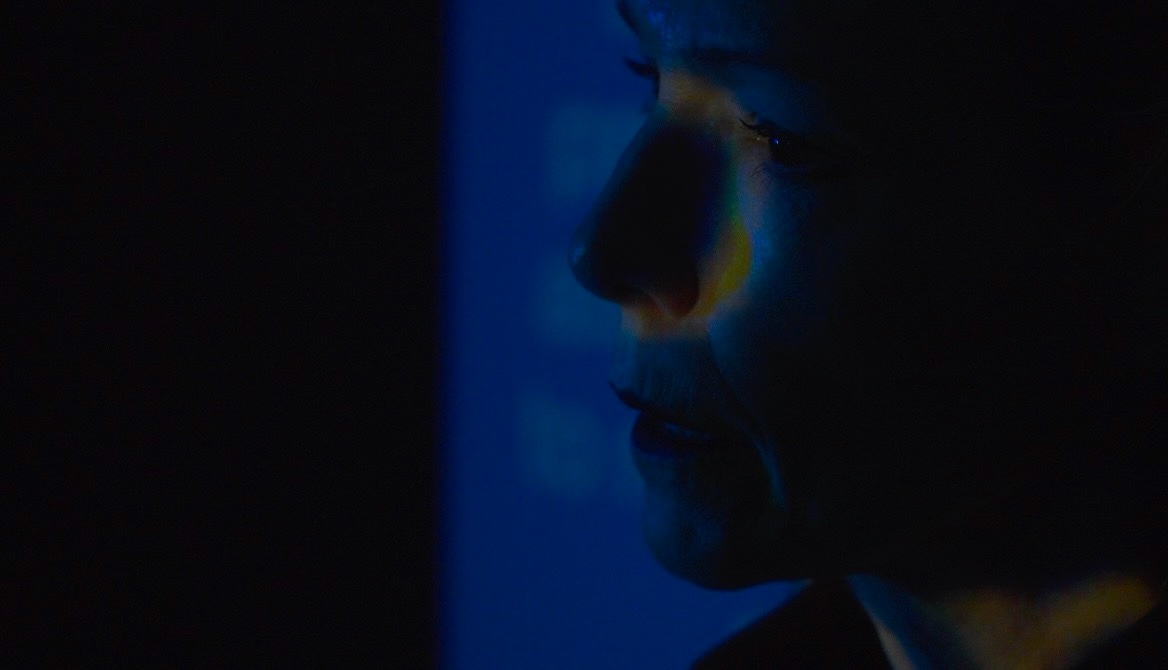
Looking back over the past 12 months or so, what do you think has been your biggest area of improvement or growth?
It’s been a transformative year, both creatively and personally. The film industry has gone through massive changes—between strikes, evolving distribution models, and the rise of new platforms, there’s still a lot of uncertainty about what the future holds. It’s easy to get discouraged, and there have definitely been moments where I felt that pull toward cynicism or nihilism.
But at some point, I realized I had a choice: I could either try to shape myself into what the film industry was looking for to get gigs, or I could build something new and maintain my own creative voice. I stopped waiting for the industry to stabilize or for the “right” opportunity to come along. Instead, I leaned into creating on my own terms, embracing the idea that resilience is part of the job now.
It was scary at first—but also incredibly freeing. Letting go of expectations allowed me to reconnect with why I became a filmmaker in the first place: to tell stories I care about and make art that feels true to me.
Contact Info:
- Website: https://linktr.ee/_girlinthemoon_?utm_source=linktree_profile_share<sid=2a04a3d6-67a9-426e-9696-b33f83c48203
- Instagram: https://www.instagram.com/_girlinthemoon_/
- Youtube: https://www.youtube.com/@glitch.tv.official
- Other: https://vimeo.com/user10196273
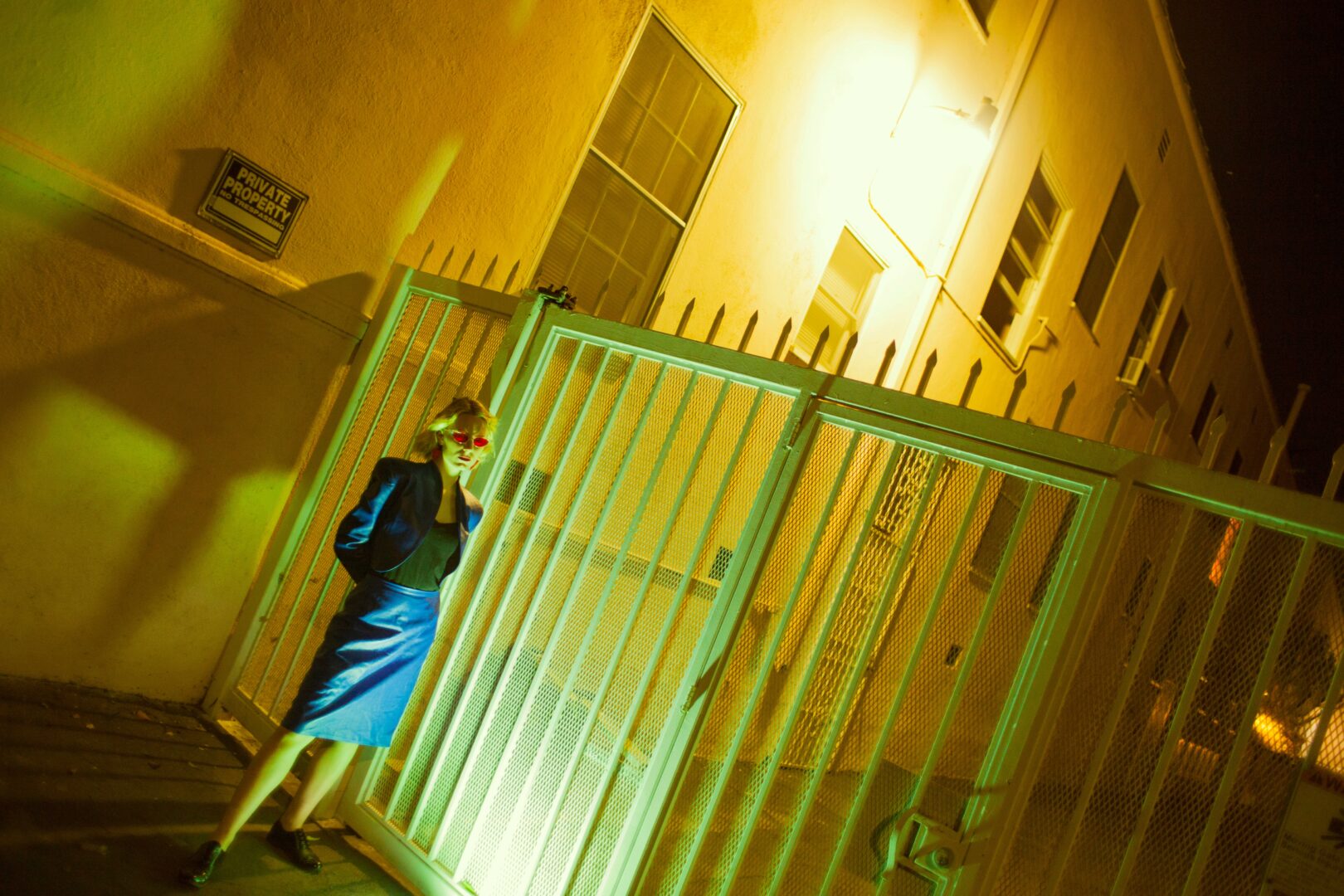
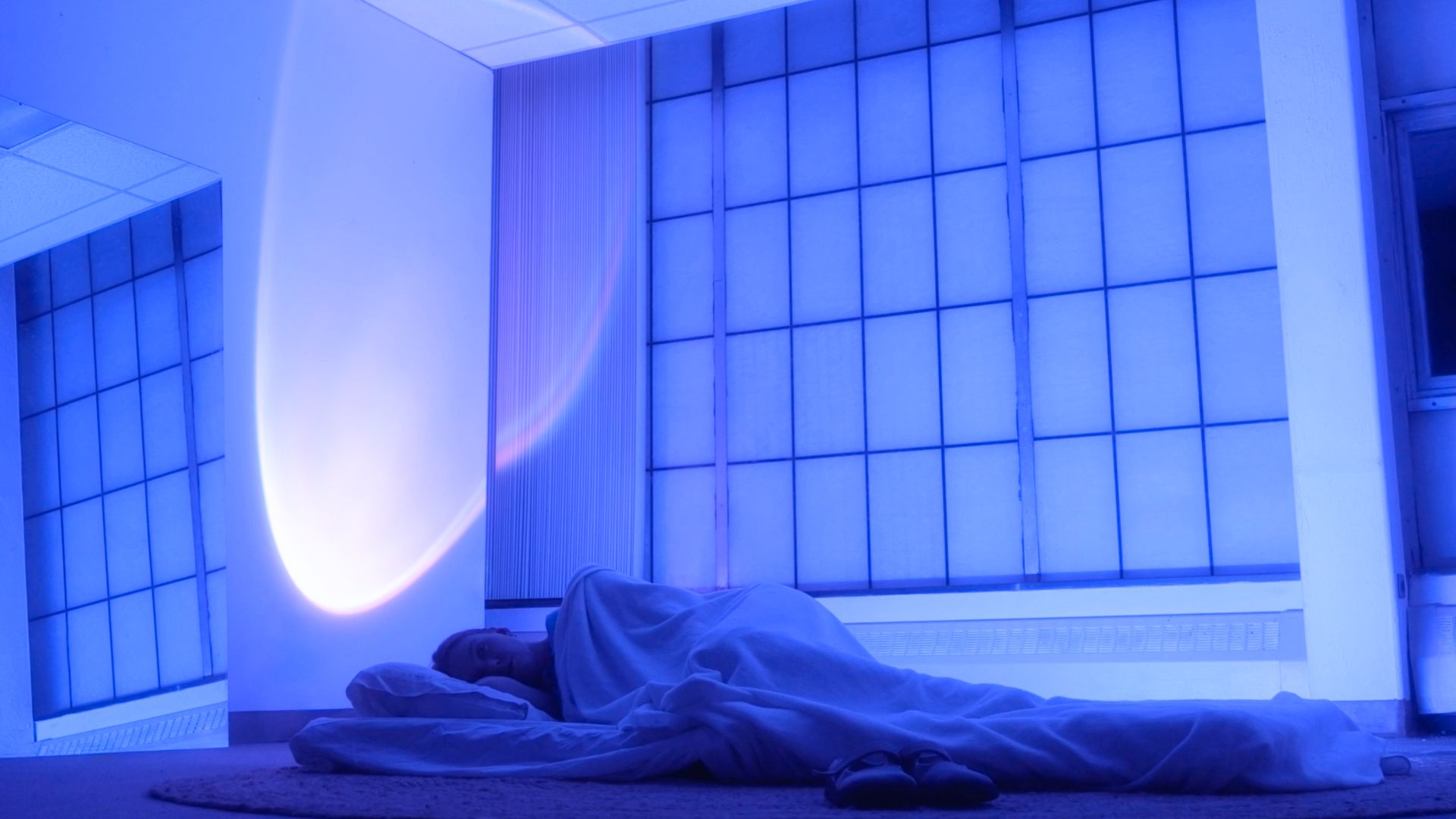
so if you or someone you know deserves recognition please let us know here.

